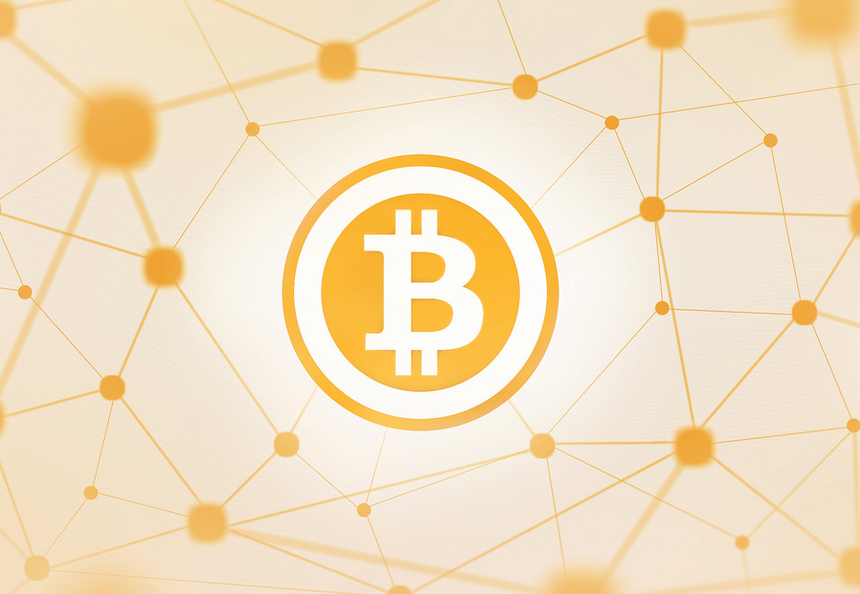

Taiwan’s Financial Supervisory Commission (FSC) will not allow the installation of Bitcoin ATMs in the country because it believes Bitcoins are not a currency and should therefore not be accepted by individuals or banks as payment, said FSC chairman Tseng Ming-chung. Tseng Ming-chung’s statement was reported yesterday by the Central News Agency (link via Google Translate), Taiwan’s state-run news service.
TechCrunch’s John Biggs reported earlier this week that U.S.-based company Robocoin plans to bring its Bitcoin ATMs to Taiwan and Hong Kong as part of its global expansion plans. Robocoin CEO Jordan Kelley told us that “Bitcoin demand in Asia is amazing. We have many Asian countries seeking to enhance consumer capability to buy and sell Bitcoin securely and safely.” We’ve emailed Robocoin for comment about how the FSC’s ban will affect its plans in Asia.
Government attitudes toward Bitcoin differ widely throughout Asia, but the FSC’s decision is yet another sign that the cryptocurrency’s increasing mainstream acceptance also means it will come under scrutiny by more financial regulators.
The value of Bitcoins plunged in December after China’s biggest Bitcoin Exchange, BTCChina, stopped accepting deposits in Chinese yuan. The company said that the People’s Bank of China (PBoC) had spoken to several Chinese payment processors and asked them to cease trading with Bitcoin exchanges by January 1. The PBoC had enacted a partial ban on Dec. 5, stating that that “Bitcoins are virtual goods that have no legal status or monetary equivalent and should not be used as currency.”
Shortly afterward, Bitcoin exchanges in India were shut down after its banking regulator, the Reserve Bank of India (RBI), warned users against security and financial risks.
Other regulatory bodies in Asia, however, treat Bitcoins differently. In Hong Kong, for example, Bitcoins are not currently controlled by any government organizations or central bank. In fact, Horizon Ventures, the Hong Kong-based venture capital firm of Li Ka-shing, Asia’s richest man, recently made a vote of confidence in Bitcoin by investing in BitPay. The Singaporean government has also decided not to regulate Bitcoins.
In the U.S., several government agencies are competing to regulate Bitcoin, but it is currently being treated like money, which creates a barrier to entry for Bitcoin-based startups. In the UK, the Financial Services Authority does not consider Bitcoin to be ‘flat’ money or eMoney, and the European central bank’s view is that Bitcoin is not money and doesn’t require regulation yet.
As TechCrunch’s Mike Butcher noted during the Bitcoin London conference in July, the cryptocurrency is being treated in widely different ways by different countries: as money, as an asset class, as the first highly secure P2P global information exchange, as a technology platform and even as if it is a startup entity in its own right.
Financial regulations help legitimize Bitcoin, but at the same time, they also take away many of the things that were seen as advantages of the cryptocurrency, including peer-to-peer exchanges that were free from international sanctions, fees and taxes.
Read more : Taiwan’s Government Says No To Bitcoin ATMs


0 Responses
Stay in touch with the conversation, subscribe to the RSS feed for comments on this post.